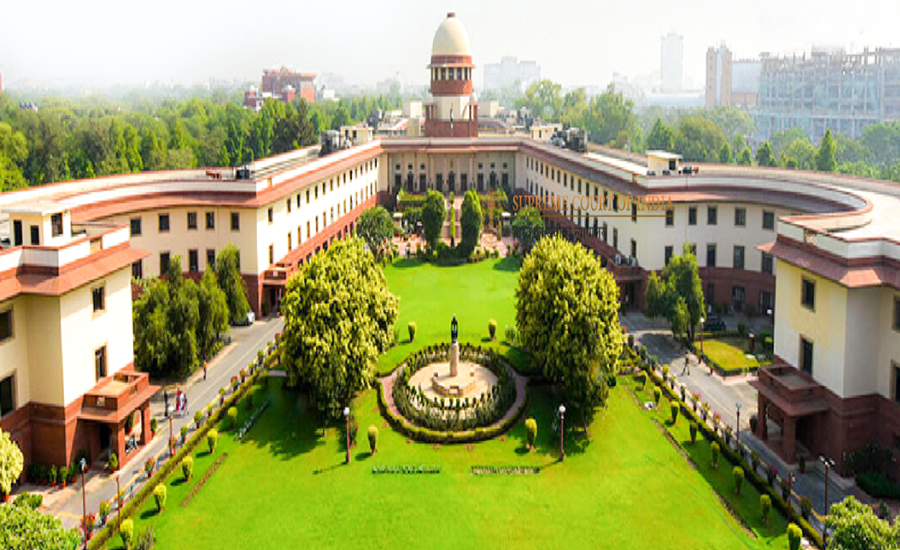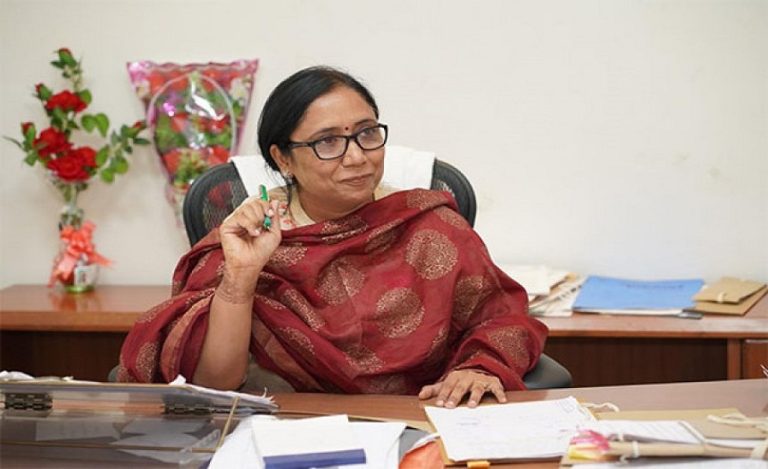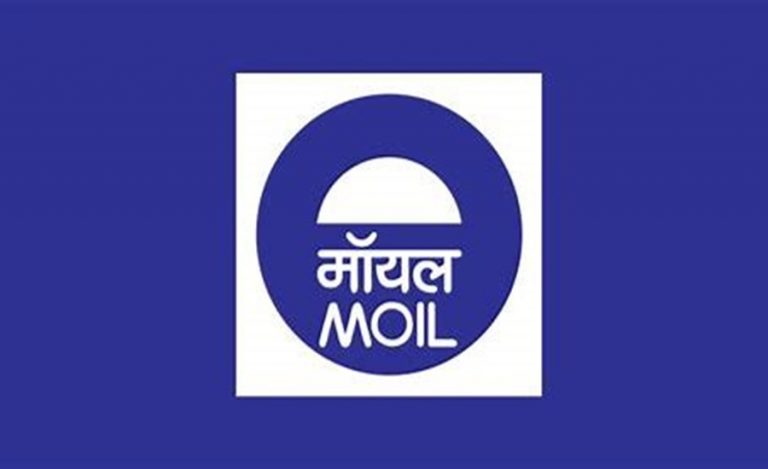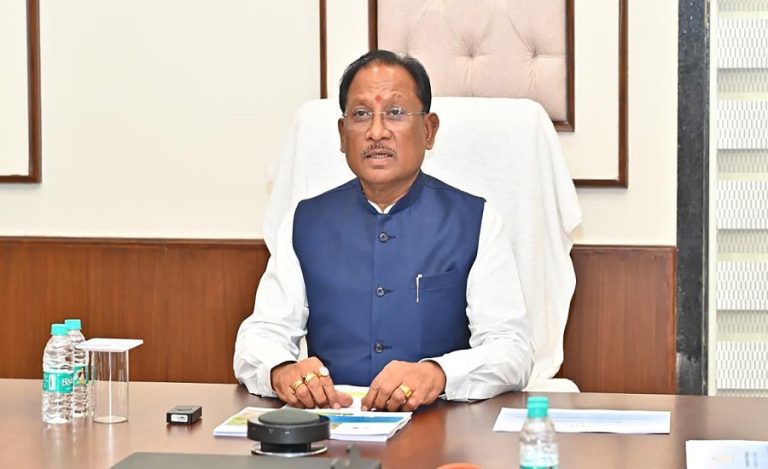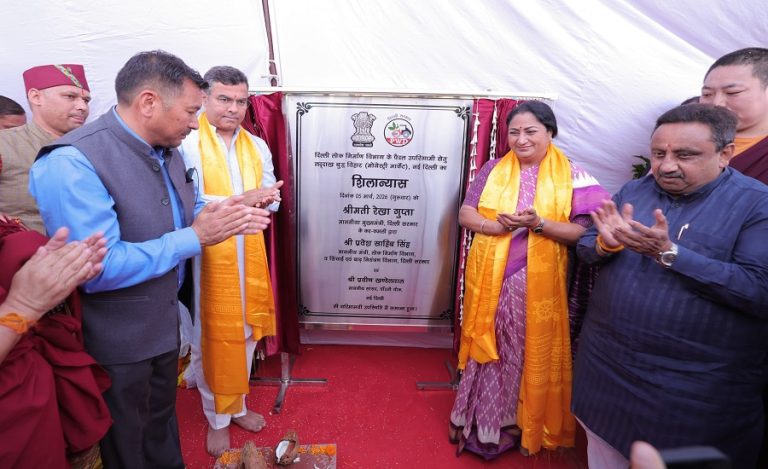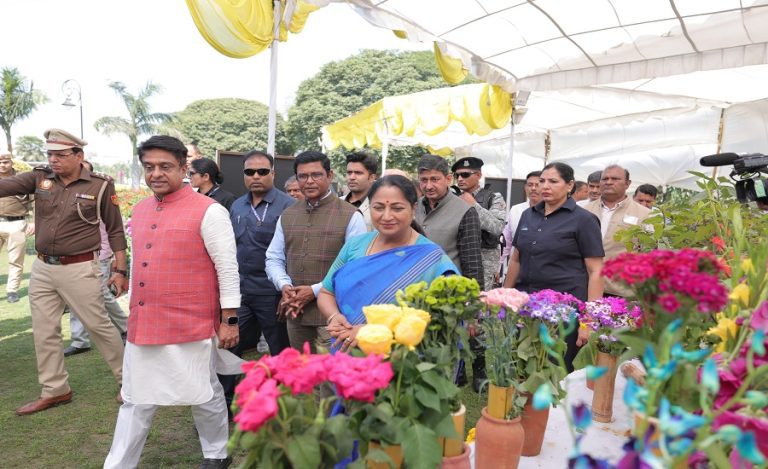The Supreme Court recently mandated that all its judges must disclose details of their assets, extending this requirement to future judges as well. Despite this directive, only 12% of Supreme Court and High Court judges have made their asset information public. This decision came in the wake of claims that a large sum of cash was found at the residence of Justice Yashwant Varma of the Delhi High Court and was subsequently destroyed by fire. The court has now made it mandatory for judges to publish their asset details on the official website.
Also Read: Singapore Court Voids Arbitral Award Led by Ex-CJI Dipak Misra Over Breach of Natural Justice
The move to disclose judicial assets is not new. In 1997, the Supreme Court introduced a resolution requiring its judges to report their assets to the Chief Justice, while High Court judges were asked to do the same with their respective Chief Justices. However, this resolution was never fully implemented. Over the years, the judiciary has repeatedly urged judges to make their assets public, but compliance has remained optional. The Supreme Court has reiterated that voluntary disclosure would strengthen public confidence in the judiciary.
A study of publicly available information from 25 High Courts and the Supreme Court reveals that only 12% of sitting judges have declared their assets. While reports indicate that 30 out of 33 Supreme Court judges have submitted their asset details to the Chief Justice, this information has yet to be published online due to technical issues.
At the High Court level, only 95 out of 762 judges have disclosed their assets, and their information is available on respective court websites. Notably, 18 High Courts, including the largest in the country, the Allahabad High Court, lack any published asset details. Other High Courts without public asset declarations include Bombay, Calcutta, Gujarat, and Patna.
Among High Courts, Kerala leads in transparency, with 41 out of 44 judges having declared their assets. Himachal Pradesh follows closely, with 11 out of 12 judges making their details public. In Punjab and Haryana, 30 out of 53 judges have disclosed their assets, while in Delhi, only seven out of 36 judges have done so.
Despite repeated calls for transparency, asset disclosure remains inconsistent, raising concerns about accountability and public trust in the judicial system.
Also Read: Tougher Scrutiny: Supreme Court Interviews Push Success Rate for HC Judges Below 50%

